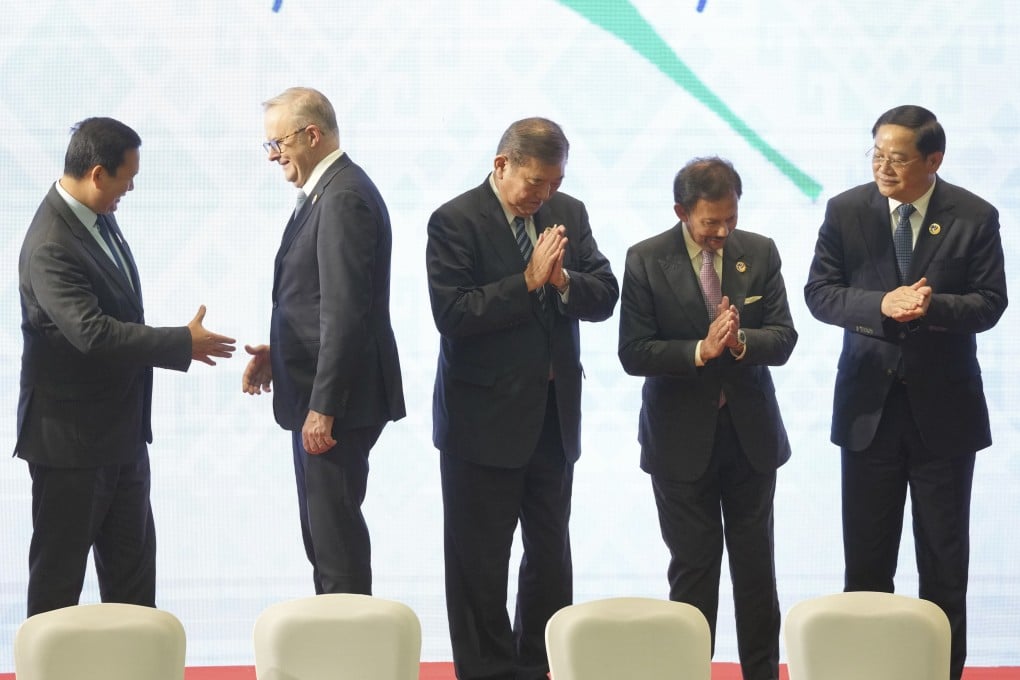Letters | Asean must ditch neutrality and stand up for rule of law
Readers discuss Asean’s challenge to remain relevant, a Hong Kong company’s celebration of the panda cubs, and how John Lee compares with past leaders

Feel strongly about these letters, or any other aspects of the news? Share your views by emailing us your Letter to the Editor at [email protected] or filling in this Google form. Submissions should not exceed 400 words, and must include your full name and address, plus a phone number for verification
Core issues remain unresolved, particularly the need for upholding international and maritime law. These laws serve as the foundation for peace and stability. They should not be interpreted according to historical perspectives or individual viewpoints.
Within Asean, there are divisions on how to respond to China’s actions, among other issues. Such division has created gaps in Asean’s collective approach and ability to counter Beijing’s bellicosity in the South China Sea. Manila has expressed frustration while other claimants within Asean prefer the subdued and diplomatic approach in avoiding high intensity clashes.
